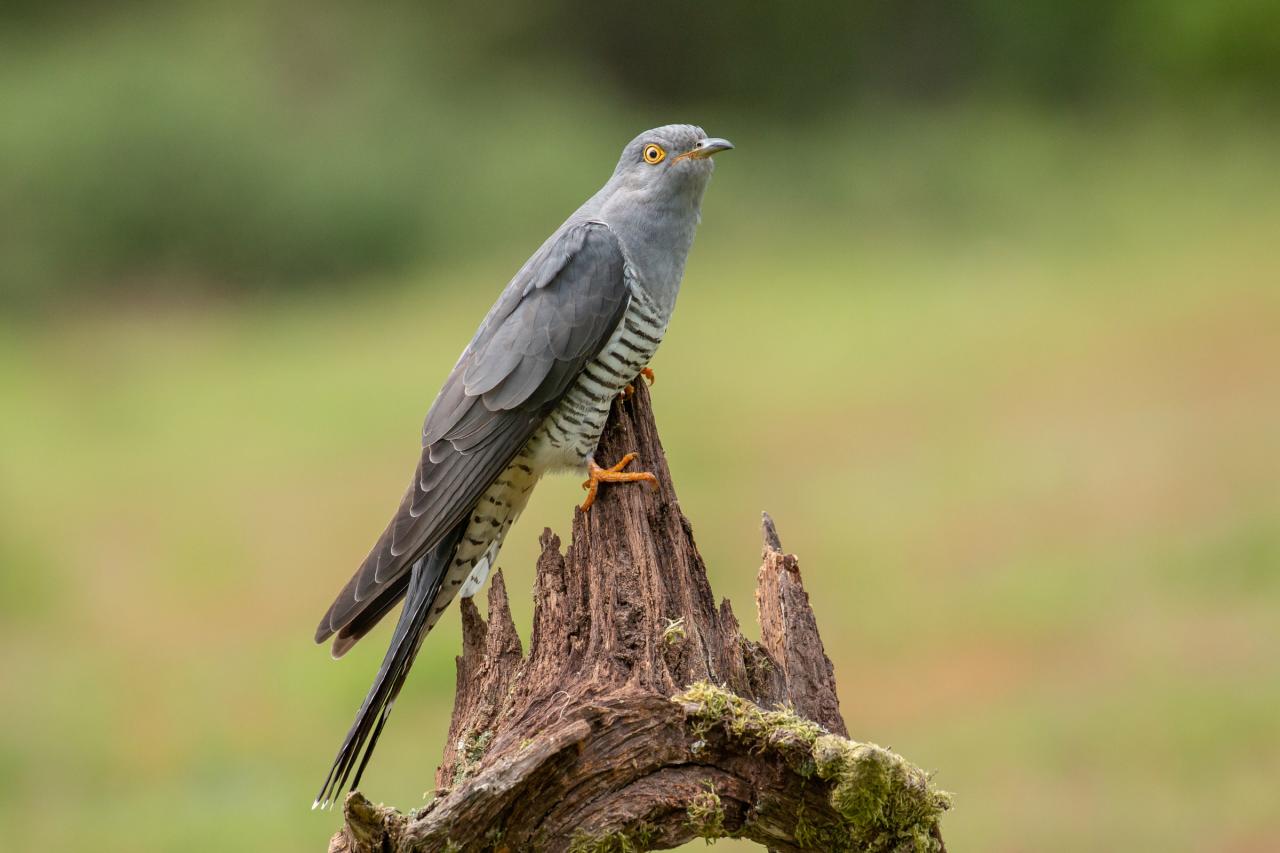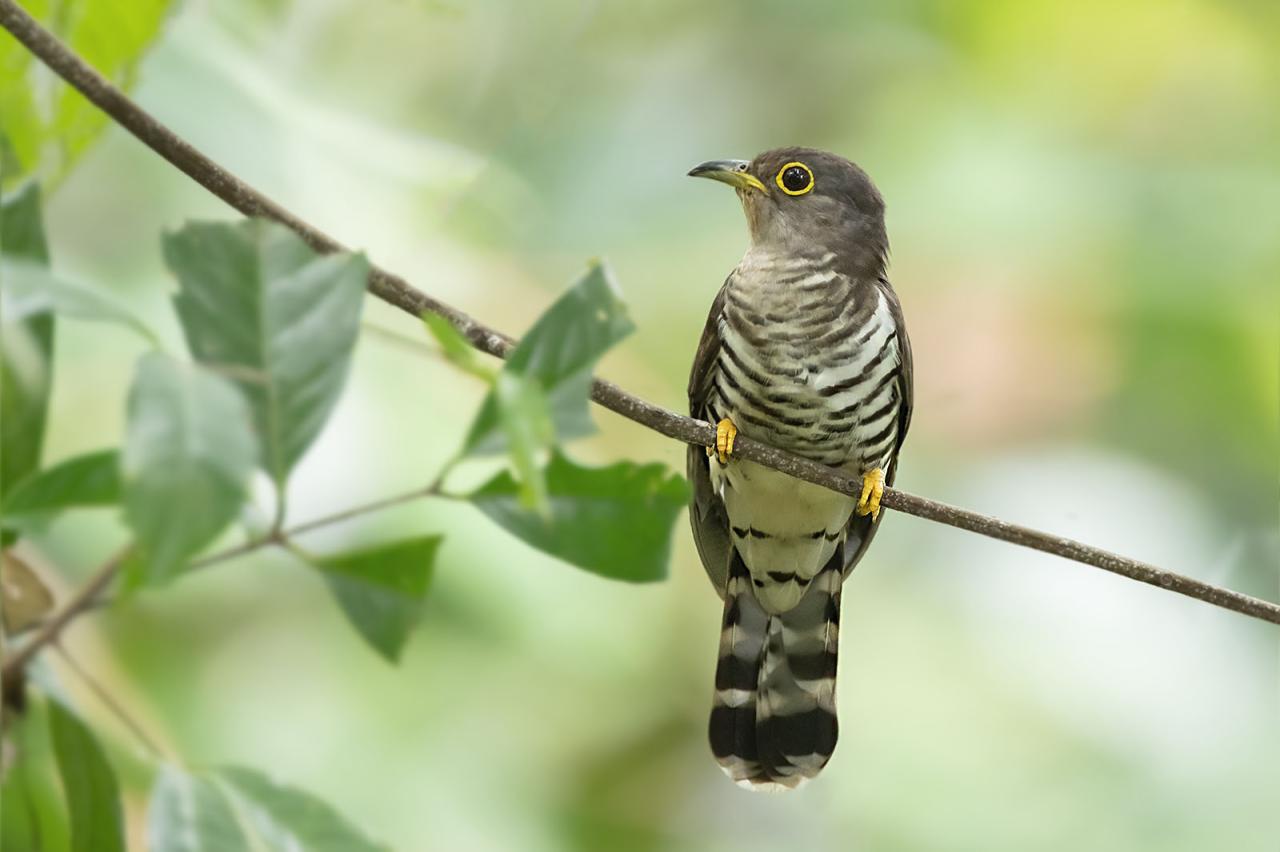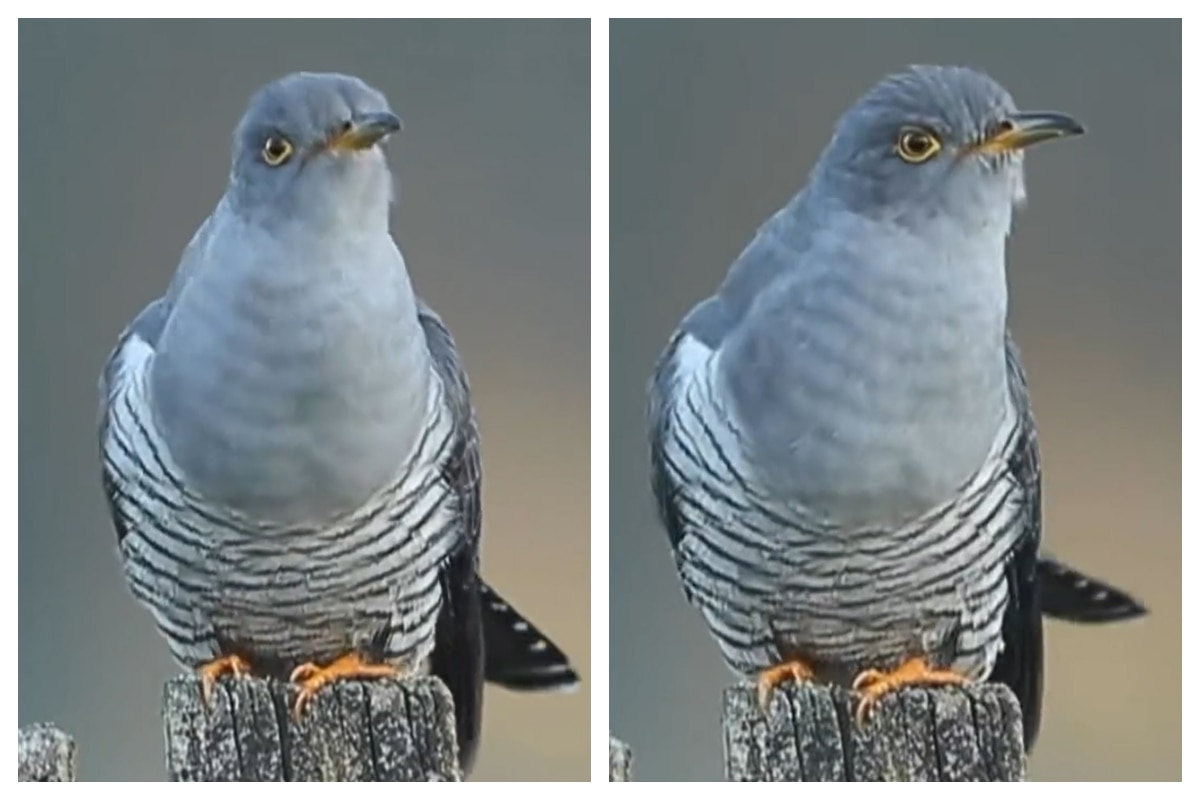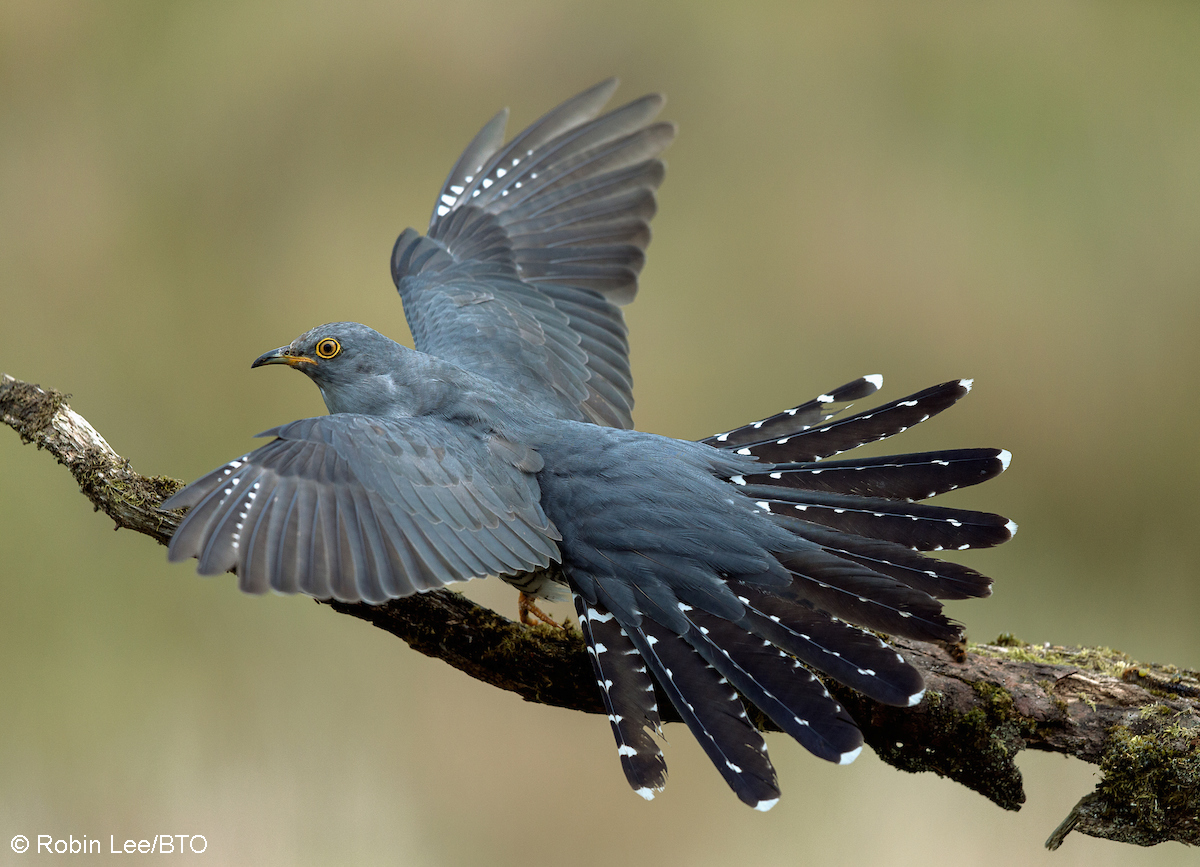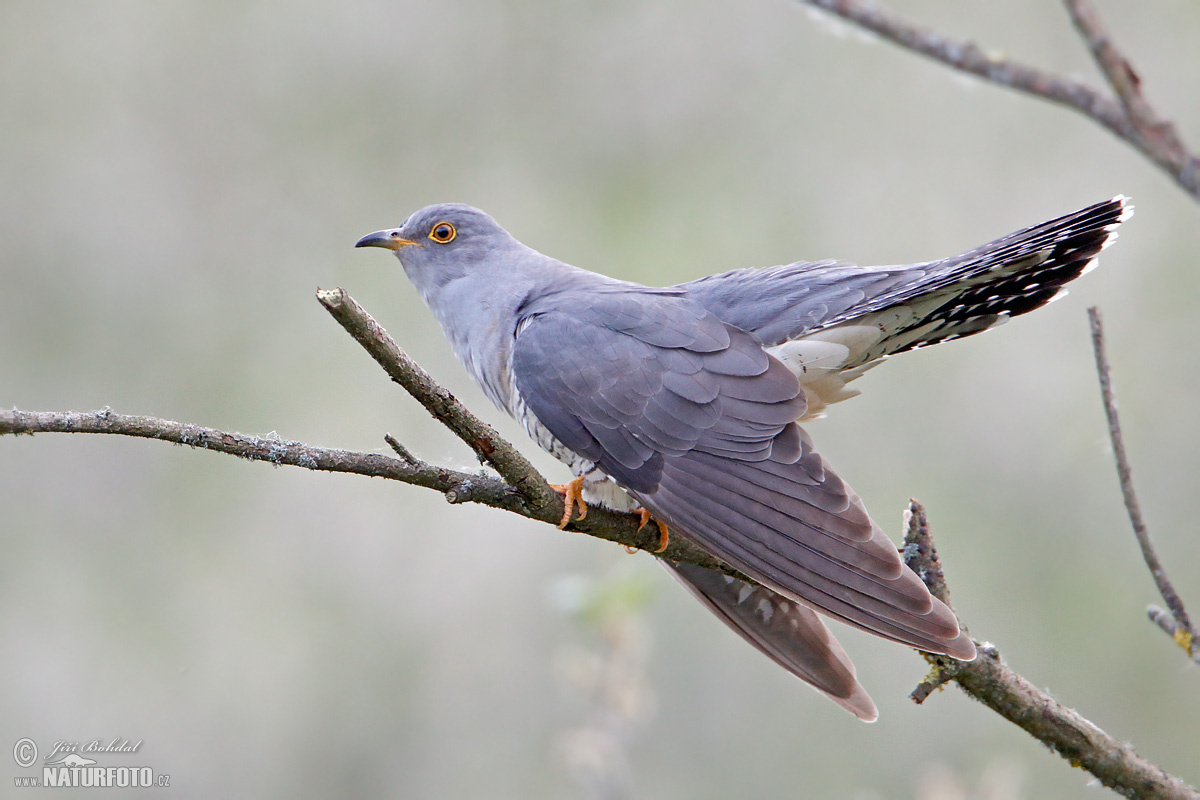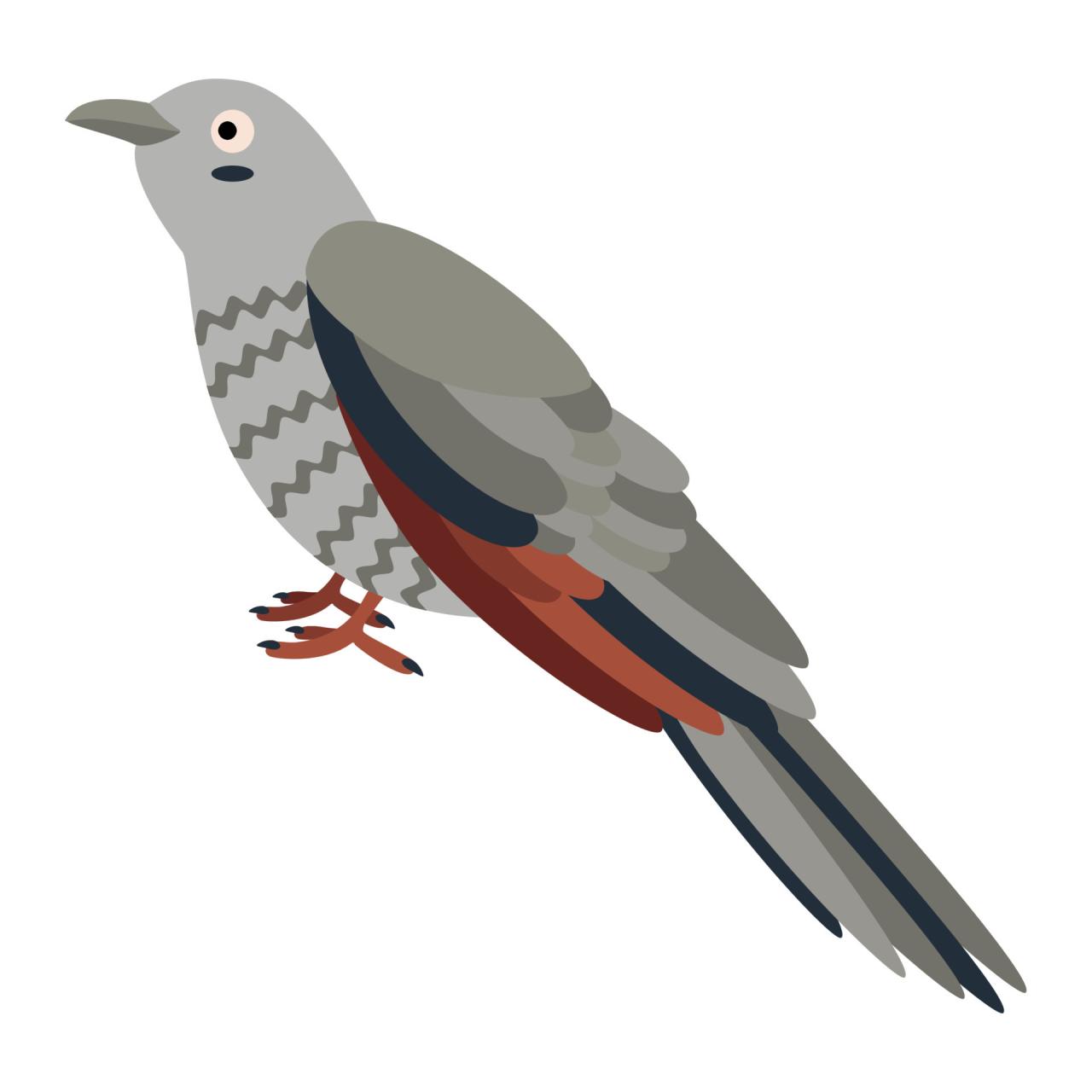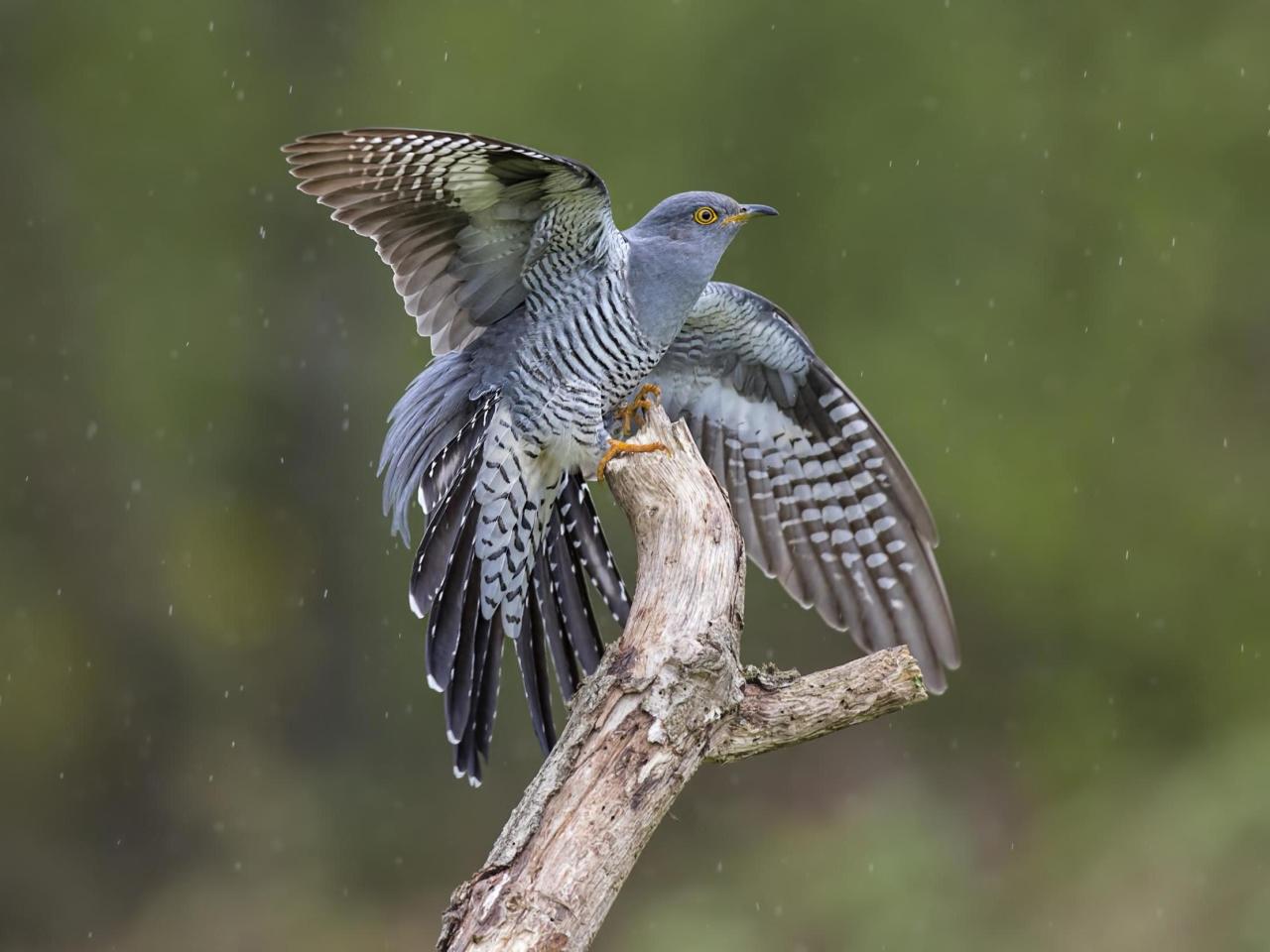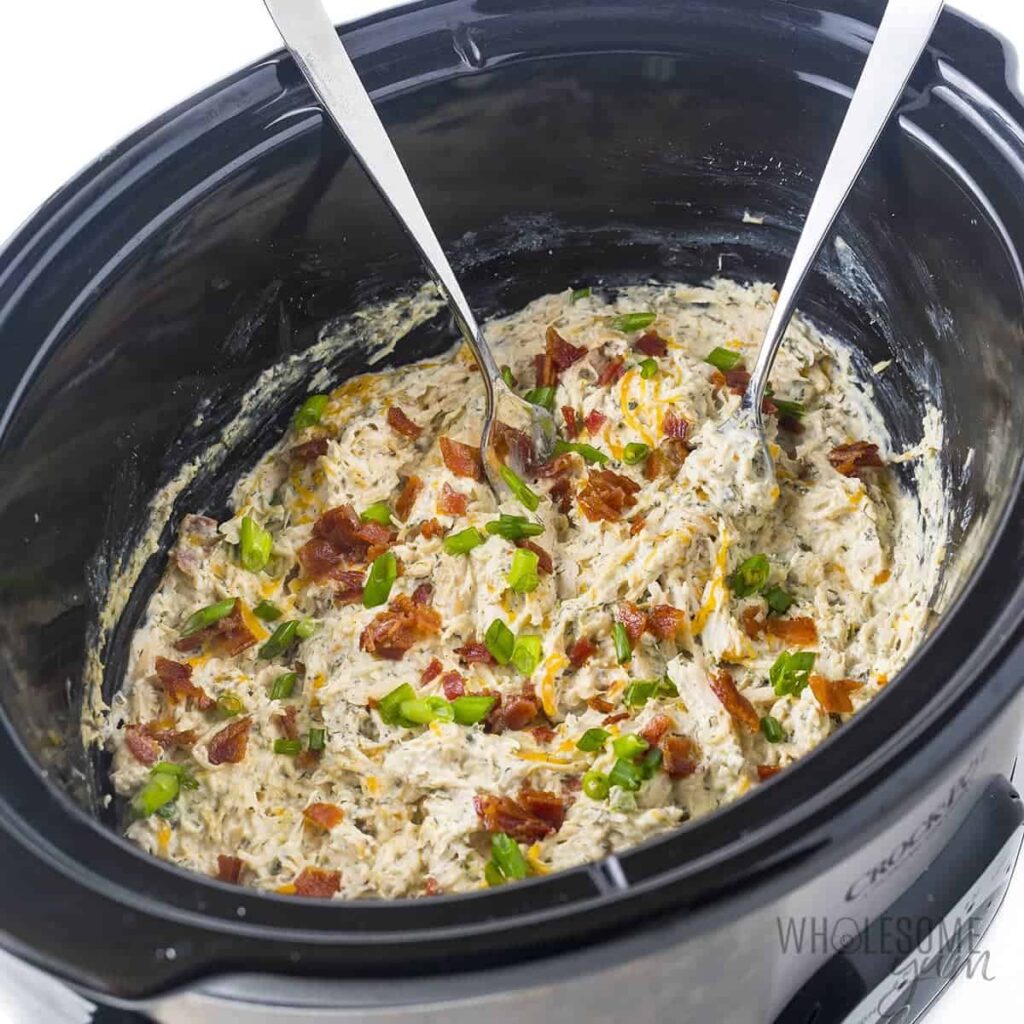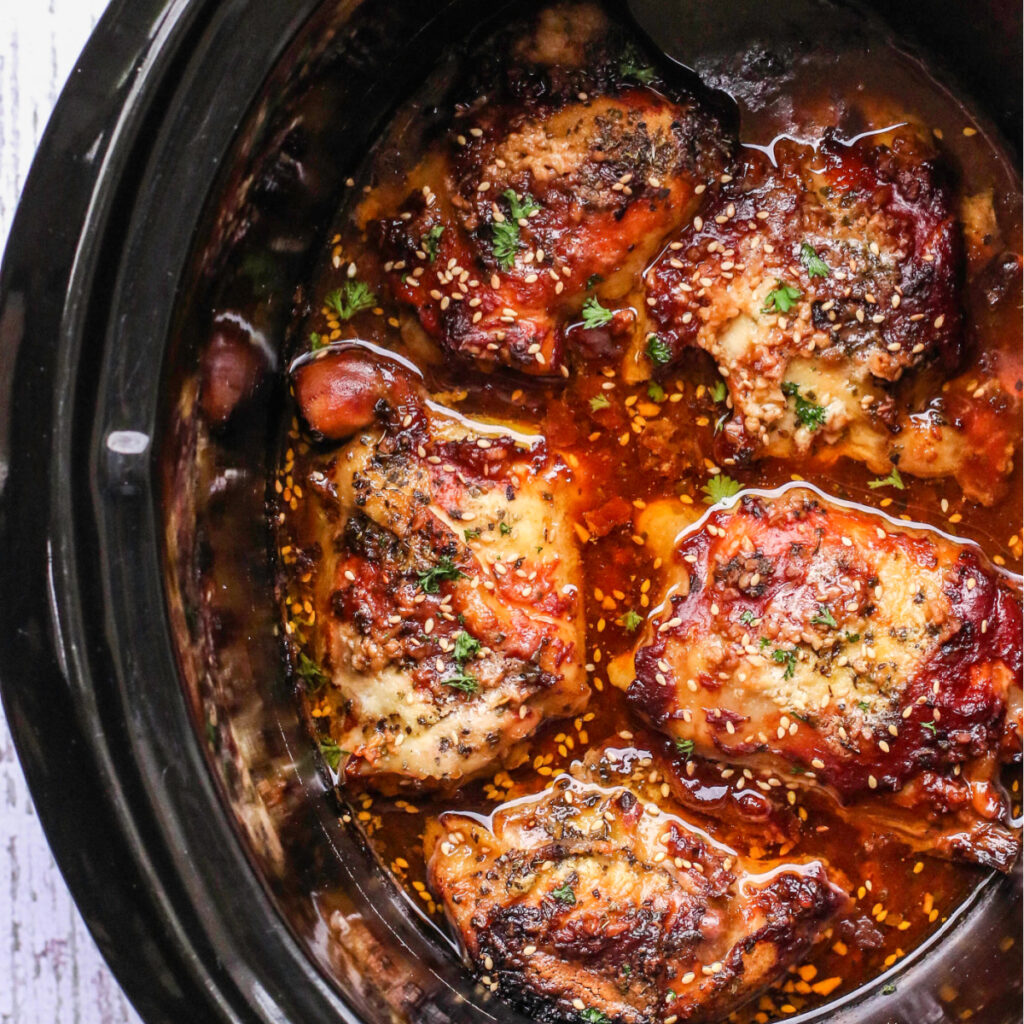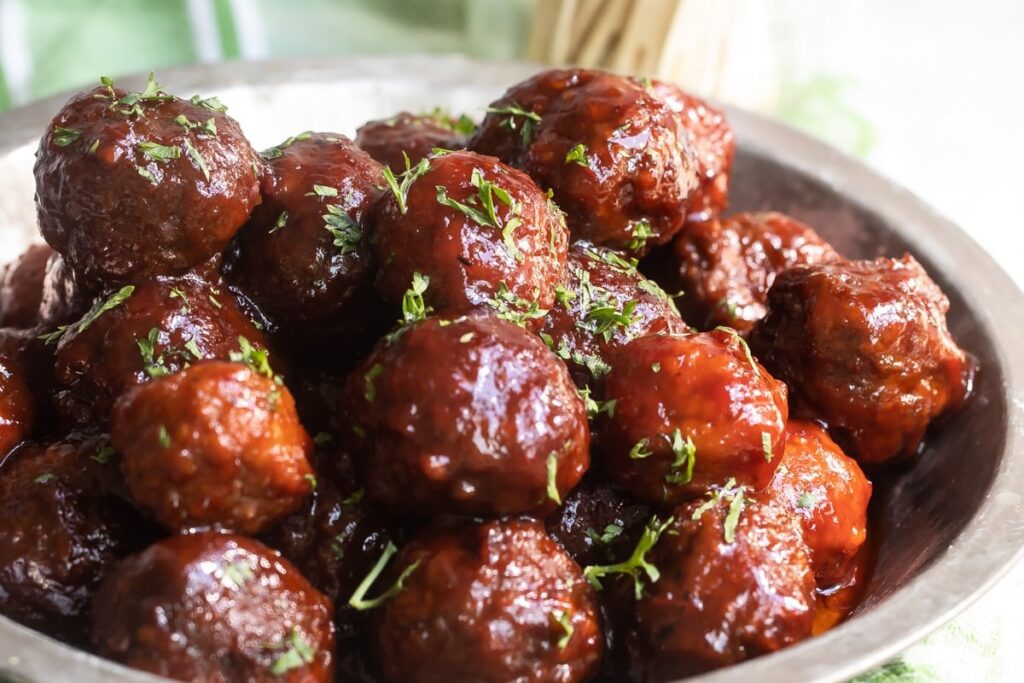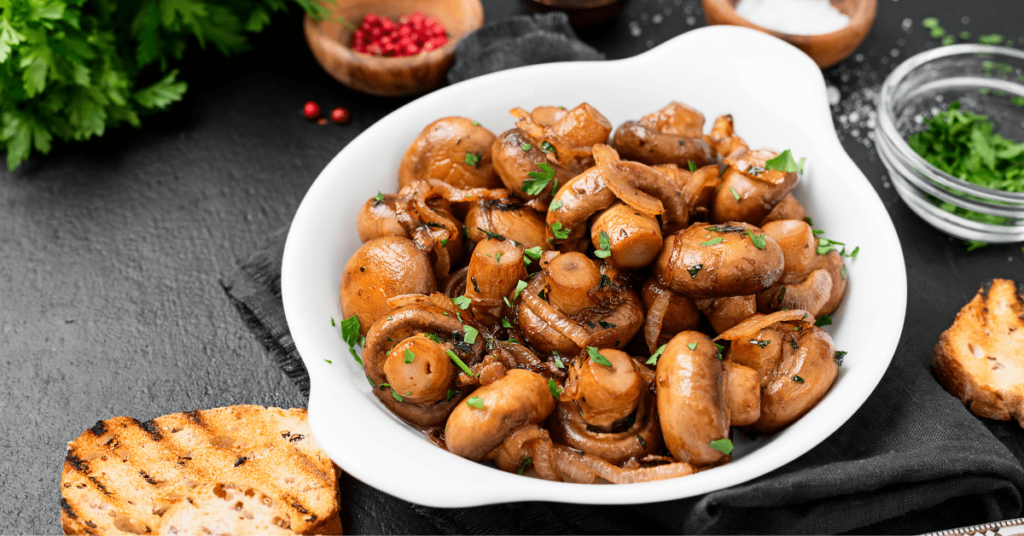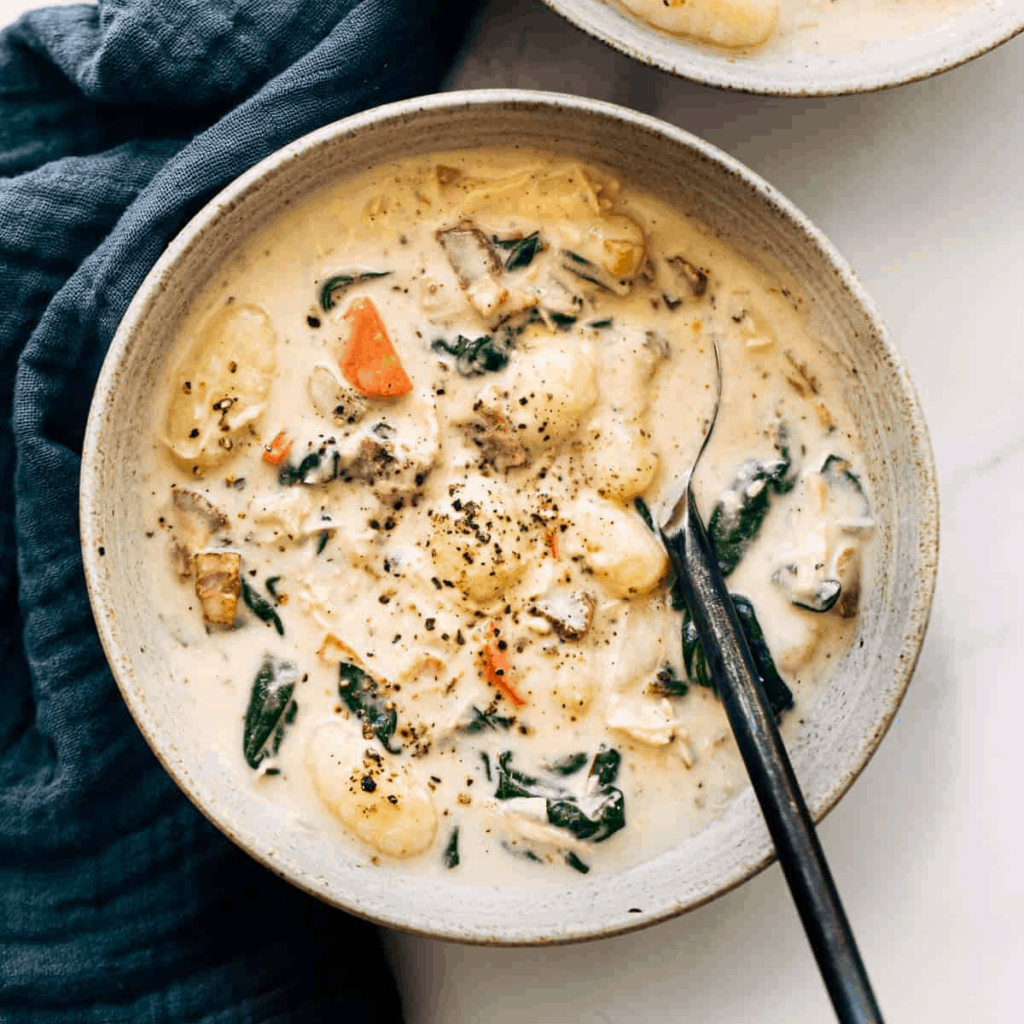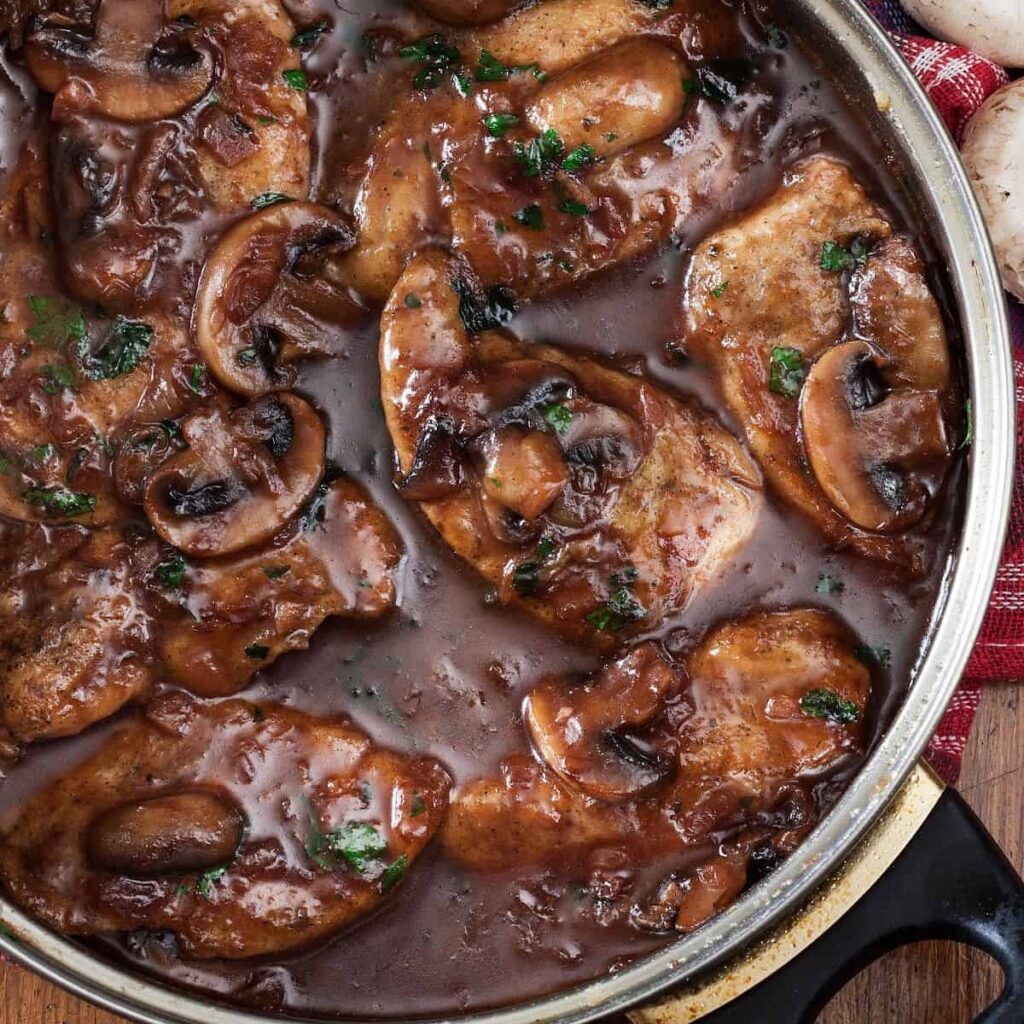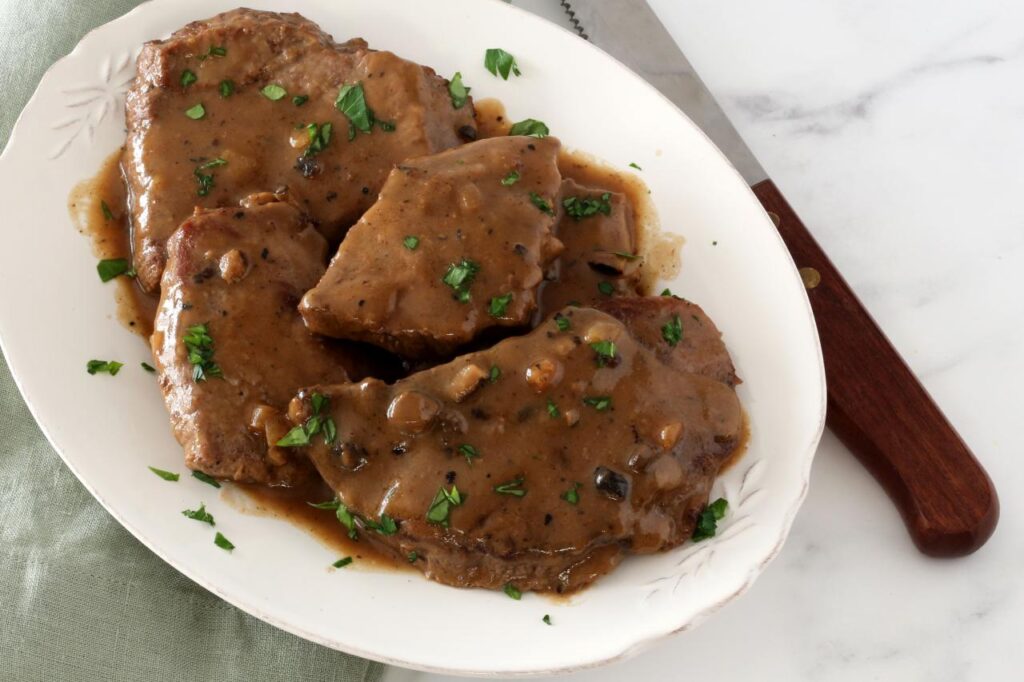Cuckoos, enigmatic birds known for their parasitic egg-laying behavior, have captivated ornithologists and nature enthusiasts alike. With their unique adaptations and intriguing strategies, these avian tricksters have earned a place in the annals of natural history.
From their distinctive physical characteristics to their complex evolutionary adaptations, cuckoos offer a fascinating glimpse into the intricacies of the natural world. Join us as we delve into the captivating realm of cuckoos, exploring their biology, behavior, and cultural significance.
Cuckoo Bird Species
Cuckoos are a diverse group of birds belonging to the Cuculidae family. They are known for their unique breeding behavior, in which they lay their eggs in the nests of other birds, leaving the host bird to raise their young. Cuckoos exhibit a wide range of physical characteristics and behaviors, with over 150 species found worldwide.
Cuckoos typically have slender bodies with long tails and wings. Their plumage varies depending on the species, but many have brown or gray feathers with contrasting patterns. They have strong, hooked beaks and powerful feet. Cuckoos are generally small to medium-sized birds, with most species ranging from 15 to 30 centimeters in length.
One of the most distinctive features of cuckoos is their vocalizations. Many species have loud, distinctive calls that can be heard over long distances. These calls are often used to attract mates or defend territories. Cuckoos are also known for their brood parasitism, which is a unique reproductive strategy. Female cuckoos lay their eggs in the nests of other birds, often choosing species that are similar in size and appearance to their own. The host bird then incubates and raises the cuckoo chick as its own.
Cuckoos have evolved a number of adaptations that help them to successfully parasitize other birds. For example, many cuckoo eggs mimic the appearance of the host bird’s eggs, making it difficult for the host to detect the foreign egg. Additionally, cuckoo chicks often hatch earlier than the host bird’s chicks and are able to outcompete them for food and resources.
Cuckoos are found in a variety of habitats around the world, including forests, grasslands, and wetlands. They are generally solitary birds, but some species form loose flocks during the non-breeding season. Cuckoos are opportunistic feeders and will eat a variety of insects, fruits, and small vertebrates.
Brood Parasitism
Brood parasitism is a reproductive strategy in which a bird lays its eggs in the nest of another bird, leaving the host bird to incubate and raise the young. Cuckoos are one of the most well-known examples of brood parasites, with over 100 species exhibiting this behavior.
Cuckoos have evolved a number of adaptations that help them to successfully parasitize other birds. For example, many cuckoo eggs mimic the appearance of the host bird’s eggs, making it difficult for the host to detect the foreign egg. Additionally, cuckoo chicks often hatch earlier than the host bird’s chicks and are able to outcompete them for food and resources.
Brood parasitism can have a significant impact on the host bird. In some cases, the host bird may abandon its nest if it detects a cuckoo egg. In other cases, the host bird may raise the cuckoo chick as its own, but the cuckoo chick may outcompete the host bird’s own chicks for food and resources.
Cuckoo Egg-Laying Behavior
Cuckoos are well-known for their parasitic egg-laying behavior, which involves laying their eggs in the nests of other birds. This behavior is an evolutionary adaptation that allows cuckoos to avoid the costs of raising their own young.
Cuckoos have evolved a variety of adaptations to deceive host birds into accepting their eggs. One common adaptation is egg mimicry, in which cuckoos lay eggs that closely resemble the eggs of their host species. This mimicry can be so sophisticated that it is difficult for host birds to distinguish between their own eggs and cuckoo eggs.
Evolutionary Advantages and Disadvantages
The parasitic egg-laying behavior of cuckoos has both advantages and disadvantages. The main advantage is that it allows cuckoos to avoid the costs of raising their own young. This can be a significant advantage, as raising young can be time-consuming and energy-intensive.
However, there are also some disadvantages to cuckoo egg-laying. One disadvantage is that it can be difficult for cuckoos to find suitable host nests. Another disadvantage is that host birds may reject cuckoo eggs or kill cuckoo chicks.
Cuckoo Host Birds
Cuckoos, notorious for their brood parasitism, have evolved intricate strategies to exploit a wide range of host birds. These host species, often smaller than cuckoos, unknowingly raise the parasitic chicks, providing food and protection.
Cuckoos exhibit remarkable specificity in selecting their hosts, often targeting species with similar egg appearance or nesting behavior. Through mimicry and deception, cuckoos trick host birds into accepting their eggs as their own. The cuckoo’s egg may resemble the host’s eggs in size, color, and pattern, making it difficult for the host to distinguish.
Host Bird Selection and Exploitation
Cuckoos employ various tactics to locate and exploit their hosts. Some species, like the common cuckoo, search for host nests during the egg-laying period, observing the nesting habits and egg characteristics of potential hosts. Others, such as the great spotted cuckoo, parasitize a specific host species, having co-evolved to match their egg appearance and nesting behavior.
Once a suitable host is identified, the cuckoo may engage in nest usurpation, ejecting the host’s eggs or chicks to make room for its own. Alternatively, the cuckoo may simply lay its egg alongside the host’s clutch, relying on the host’s parental care to raise its offspring.
Impact on Host Bird Populations
Cuckoo parasitism can have significant consequences for host bird populations. The loss of eggs or chicks can reduce the host’s reproductive success, potentially leading to population declines. In some cases, cuckoo parasitism has driven host species to the brink of extinction.
However, the impact of cuckoo parasitism varies depending on the host species and the level of parasitism. Some host species have evolved defenses against cuckoo parasitism, such as egg rejection or nest abandonment. Additionally, cuckoos may provide indirect benefits to their hosts by controlling populations of other brood parasites or predators.
Cuckoo Conservation
Cuckoos, known for their unique egg-laying behavior, face various conservation challenges worldwide. Understanding their conservation status, threats, and ongoing efforts is crucial for their protection.
Conservation Status
The conservation status of cuckoos varies by species. According to the International Union for Conservation of Nature (IUCN), several cuckoo species are listed as threatened, including the Great Spotted Cuckoo (Clamator glandarius), which is categorized as Vulnerable, and the Common Cuckoo (Cuculus canorus), which is listed as Near Threatened.
Threats to Cuckoos
Cuckoos face several threats that impact their populations and habitats. These include:
- Habitat loss and fragmentation: Deforestation, urbanization, and agricultural expansion destroy or fragment cuckoo habitats, reducing their nesting and foraging areas.
- Pesticide use: Pesticides can accumulate in the food chain and harm cuckoos, affecting their reproduction and survival.
- Climate change: Climate change can alter cuckoo migration patterns, nesting times, and food availability, disrupting their life cycles.
- Parasitism and disease: Cuckoos can be infected by parasites and diseases, which can weaken them and reduce their reproductive success.
- Egg rejection by host birds: Some host birds have evolved defenses against cuckoo eggs, such as rejecting or destroying them, reducing cuckoo reproductive success.
Conservation Efforts
Conservation efforts are underway to protect cuckoos and their habitats. These include:
- Habitat protection and restoration: Protecting and restoring cuckoo habitats, such as forests and grasslands, provides them with suitable nesting and foraging areas.
- Pesticide reduction: Promoting sustainable farming practices that reduce pesticide use can help minimize the impact on cuckoos.
- Climate change mitigation: Addressing climate change through reducing greenhouse gas emissions can help mitigate its impacts on cuckoo populations.
- Parasite and disease control: Research and monitoring efforts aim to understand and control parasites and diseases that affect cuckoos.
- Public awareness and education: Raising awareness about cuckoos and their conservation needs can encourage public support for conservation efforts.
Cultural Significance of Cuckoos
Cuckoos hold a unique place in human cultures worldwide, inspiring awe, wonder, and even superstition. Their distinctive calls and unusual egg-laying behavior have captivated imaginations for centuries, leading to a rich tapestry of symbolism, folklore, and mythology.
In Art and Literature
Cuckoos have frequently appeared in art and literature, often as symbols of trickery, deception, or even prophecy. In ancient Greece, the cuckoo was associated with the god Zeus, who was said to have disguised himself as a cuckoo to seduce the mortal woman Leda. In Shakespeare’s play “The Tempest,” the character of Ariel is often referred to as a “cuckoo” due to his mischievous nature.
In Folklore and Mythology, Cuckoo
In many cultures, cuckoos are believed to possess supernatural powers. In some Native American traditions, the cuckoo is seen as a harbinger of spring and new beginnings. In Chinese folklore, the cuckoo is associated with good luck and fertility. In parts of Europe, it is believed that hearing a cuckoo’s call for the first time in the spring brings good fortune.
In Music
The cuckoo’s distinctive call has also inspired countless musical compositions. In Ludwig van Beethoven’s “Symphony No. 6,” the opening movement features a famous cuckoo call motif. The cuckoo also appears in the works of other classical composers such as Wolfgang Amadeus Mozart and Joseph Haydn.
Crockpot Recipes Using Cuckoo Ingredients
Cuckoos are known for their unique egg-laying behavior, but their meat and eggs can also be used in various culinary preparations. Here are a few crockpot recipes that incorporate cuckoo ingredients:
Cuckoo Egg Casserole
This hearty and flavorful casserole is a great way to use up cuckoo eggs. It’s perfect for a weekend brunch or a quick and easy dinner.
- Ingredients:
- 12 cuckoo eggs
- 1/2 cup chopped onion
- 1/2 cup chopped green bell pepper
- 1/2 cup chopped red bell pepper
- 1 (10.75 ounce) can cream of mushroom soup
- 1/2 cup milk
- 1/4 cup shredded cheddar cheese
- Salt and pepper to taste
- Preheat your crockpot to low.
- In a large bowl, whisk together the cuckoo eggs, onion, green bell pepper, red bell pepper, cream of mushroom soup, milk, cheddar cheese, salt, and pepper.
- Pour the mixture into your crockpot.
- Cook on low for 4-6 hours, or until the eggs are set and the casserole is bubbly.
- Serve hot and enjoy!
Cuckoo Meat Stew
This savory stew is a great way to warm up on a cold day. It’s packed with flavor and is sure to please even the most discerning palate.
- Ingredients:
- 1 pound cuckoo meat, cut into cubes
- 1 tablespoon olive oil
- 1/2 cup chopped onion
- 1/2 cup chopped carrots
- 1/2 cup chopped celery
- 2 cloves garlic, minced
- 2 cups beef broth
- 1/2 cup red wine
- 1 tablespoon Worcestershire sauce
- 1 teaspoon dried thyme
- Salt and pepper to taste
- Heat the olive oil in a large skillet over medium heat.
- Brown the cuckoo meat on all sides.
- Transfer the meat to your crockpot.
- Add the onion, carrots, celery, garlic, beef broth, red wine, Worcestershire sauce, thyme, salt, and pepper to the crockpot.
- Cook on low for 6-8 hours, or until the meat is tender and the vegetables are cooked through.
- Serve hot and enjoy!
Tips for Enhancing Flavor and Presentation
Here are a few tips for enhancing the flavor and presentation of your cuckoo dishes:
- Use fresh, high-quality ingredients.
- Don’t overcook the cuckoo meat. It should be cooked through but still tender and juicy.
- Add your favorite seasonings and spices to taste.
- Garnish your dishes with fresh herbs or vegetables.
- Serve your dishes with a side of bread or rice to soak up the delicious juices.
Cuckoo-Themed Home Decor
Cuckoos, with their distinctive calls and fascinating egg-laying behavior, have captivated human imagination for centuries. Their unique characteristics have inspired a range of decorative items that bring a touch of avian charm to the home.
From traditional cuckoo clocks to modern interpretations, cuckoo-themed home decor offers a playful and whimsical way to celebrate these feathered wonders.
The cuckoo is a fascinating bird known for its distinctive call. Its name is often associated with clocks, but did you know that there’s also an aroma stainless steel rice cooker ? This innovative appliance combines advanced technology with a durable stainless steel exterior, making it a perfect choice for cooking fluffy and flavorful rice.
Whether you’re a seasoned chef or a beginner, the aroma stainless steel rice cooker makes cooking rice a breeze, leaving you with more time to enjoy your delicious meal.
Cuckoo Clocks
- Traditional cuckoo clocks feature intricate wooden carvings, a pendulum that swings back and forth, and a cuckoo bird that pops out of a small door to announce the hour.
- Modern cuckoo clocks take a more contemporary approach, with sleek designs and abstract interpretations of the classic form.
- Some cuckoo clocks incorporate additional features, such as music or moving parts, to create a truly enchanting experience.
Cuckoo-Shaped Lamps
- Cuckoo-shaped lamps come in a variety of styles, from whimsical to elegant.
- Some lamps feature a cuckoo bird perched on a branch or sitting in a nest, while others take on more abstract forms.
- Cuckoo-shaped lamps provide a warm and inviting glow, perfect for creating a cozy atmosphere in any room.
Cuckoo-Patterned Textiles
- Cuckoo-patterned textiles bring a touch of avian charm to any home decor scheme.
- These textiles can feature realistic cuckoo designs or more stylized interpretations.
- Cuckoo-patterned textiles can be used for curtains, cushions, throws, and other decorative accents.
Cuckoo-Inspired Fashion
Cuckoos have captivated the human imagination for centuries, inspiring artists, writers, and fashion designers alike. In recent years, there has been a growing trend of cuckoo-inspired fashion, with designers incorporating cuckoo motifs into their collections. From cuckoo-print dresses to cuckoo-shaped accessories, these designs celebrate the unique beauty and symbolism of these enigmatic birds.
The cuckoo’s distinctive call has been a source of inspiration for many fashion designers. The rhythmic “cuckoo” sound has been translated into a variety of prints, including geometric patterns and abstract designs. These prints can be found on everything from dresses and skirts to scarves and bags.
Cuckoo-Print Dresses
Cuckoo-print dresses are a popular choice for women who want to make a statement. These dresses often feature bold, eye-catching prints that are sure to turn heads. Some of the most popular cuckoo-print dresses are made from lightweight fabrics, such as silk or chiffon, which create a flowing, ethereal look. Others are made from more structured fabrics, such as cotton or linen, which give the dress a more tailored appearance.
Cuckoo-print dresses can be dressed up or down, depending on the occasion. For a more casual look, pair a cuckoo-print dress with sandals or flats. For a more formal look, pair a cuckoo-print dress with heels and a clutch bag.
Cuckoo-Shaped Accessories
Cuckoo-shaped accessories are another popular way to incorporate the cuckoo motif into your wardrobe. These accessories come in a variety of forms, including necklaces, earrings, bracelets, and rings. Some cuckoo-shaped accessories are made from metal, while others are made from wood, glass, or even fabric.
Cuckoo-shaped accessories can add a touch of whimsy to any outfit. They are a great way to show your love of nature and your unique sense of style.
Cuckoo-Motif Jewelry
Cuckoo-motif jewelry is a more subtle way to incorporate the cuckoo motif into your wardrobe. These pieces often feature small, delicate cuckoo motifs that are set in metal or gemstones. Cuckoo-motif jewelry can be worn with any outfit, from casual to formal.
Cuckoo-motif jewelry is a great way to add a touch of elegance to your look. It is also a great way to show your appreciation for the beauty of nature.
Cuckoo-Themed Entertainment
Cuckoo-themed entertainment offers a unique opportunity to explore the fascinating world of these birds and their intriguing behaviors. From their deceptive egg-laying strategies to their complex social interactions, cuckoos provide ample inspiration for captivating stories and immersive experiences.
Cuckoo-Themed Movie
Synopsis: “The Cuckoo’s Call” follows the journey of Anya, a young ornithologist studying cuckoo behavior in the remote forests of Europe. As she delves deeper into her research, she uncovers a sinister secret that threatens the survival of the cuckoo population. Anya must race against time to expose the truth and protect the enigmatic birds she has come to admire.
Characters:
– Anya: A brilliant and determined ornithologist driven by her passion for cuckoos.
– Dr. Sinclair: Anya’s mentor, a renowned cuckoo expert who guides her research.
– Ethan: A skeptical forest ranger who initially dismisses Anya’s findings but later becomes her ally.
– The Cuckoo: A mysterious and elusive bird that holds the key to Anya’s investigation.
Setting: The film is set in the lush and unforgiving forests of Europe, where cuckoos thrive amidst the vibrant tapestry of nature. The secluded research station serves as a sanctuary for Anya and her team, providing a backdrop for their scientific discoveries and the unfolding drama.
Target Audience: The movie appeals to nature enthusiasts, bird lovers, and anyone fascinated by the complexities of the natural world. Its themes of conservation, scientific inquiry, and the delicate balance of ecosystems resonate with a broad audience.
Entertainment Value: “The Cuckoo’s Call” offers a compelling blend of suspense, intrigue, and heartwarming moments. The film immerses viewers in the intricate world of cuckoos, showcasing their unique behaviors and the challenges they face. The characters’ journey and the unfolding mystery keep the audience engaged and on the edge of their seats.
Summary
As we conclude our exploration of cuckoos, it is evident that these enigmatic birds continue to captivate and intrigue. Their parasitic egg-laying behavior, evolutionary adaptations, and cultural significance have left an enduring mark on the natural world and human imagination.
Whether it’s their role as brood parasites or their place in folklore and mythology, cuckoos remind us of the remarkable diversity and complexity of life on Earth. Their unique strategies and adaptations serve as a testament to the resilience and adaptability of nature’s creatures.
Q&A
What is brood parasitism?
Brood parasitism is a reproductive strategy where a bird lays its eggs in the nests of other birds, leaving the host birds to raise the parasitic chicks.
Why do cuckoos engage in brood parasitism?
Cuckoos have evolved to rely on brood parasitism because they lack the instincts and adaptations necessary to build their own nests and care for their young.
How do cuckoos deceive host birds?
Cuckoos have evolved various strategies to deceive host birds, including mimicking the eggs of the host species and removing the host’s eggs from the nest.
